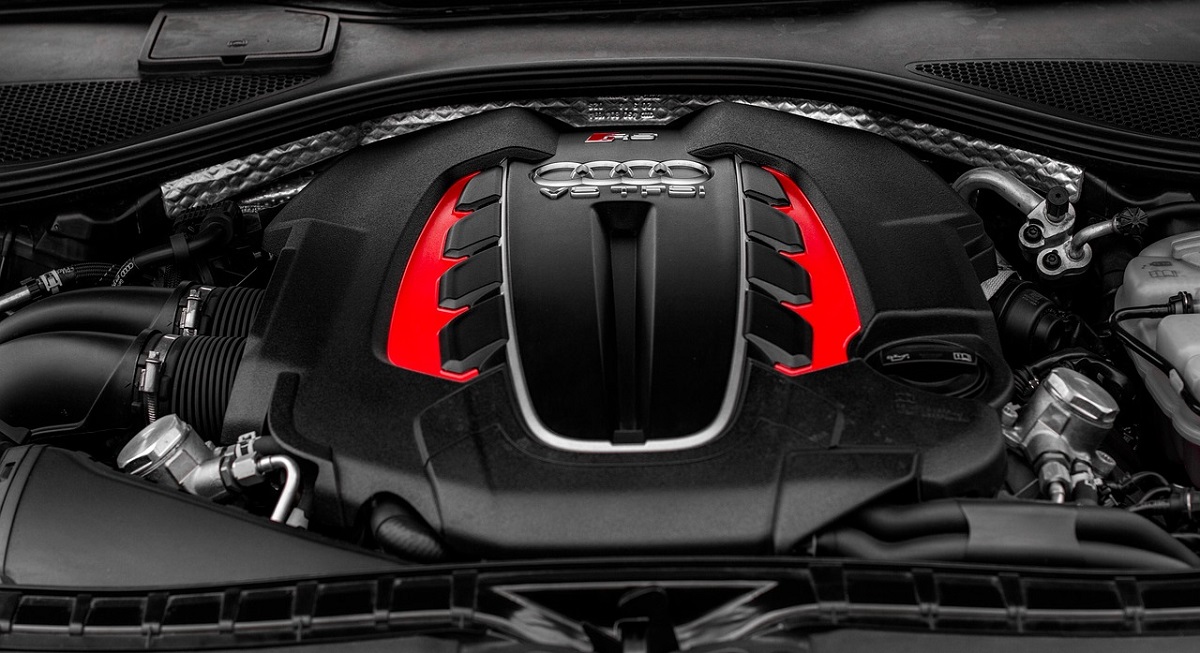Even as the Volkswagen Group pursues a fast electrification plan across its brands, the carmaker is aiming to make existing diesel vehicles more sustainable as part of its objective of reaching net carbon neutrality by 2050, Autoweek writes.
Audi recently announced that several of its new V6 diesel engines have been allowed to take renewable fuel, in this instance hydrotreated vegetable oil (HVO). According to the manufacturer, the sustainable fuel allows for carbon-dioxide reductions of 70 to 95 percent when compared to diesel based on fossil fuel, and the fuel’s significantly higher cetane rating also provides for cleaner combustion when compared to fossil diesel.
HVO fuel is created from leftover and waste resources, such as agricultural wastes and cooking oil from the food sector. These oils may be transformed into aliphatic hydrocarbons by hydrogenation, making them acceptable for use in automobile engines. These can be used instead of or in addition to standard diesel fuels.
The models that may now use HVO include the A4, A5, A6, A7, A8, Q7, and Q8 models manufactured as of the middle of February of this year, with fresh Q5 diesel vehicles due to come in the early part of March. As a result, even if the vehicle is relatively new, this gasoline will not be legally compatible with earlier V6 Audi models.
A number of other Audi diesel vehicles, notably the A3, Q2, and Q3 equipped with four-cylinder diesel engines in Europe, have already been developed to take HVO. Audi also mentions that A4, A5, A6, A7, and Q5 automobiles in Italy, Sweden, and Denmark will be able to use HVO starting in mid-2021.
There are a few drawbacks to this entire endeavor, according to Autoweek. HVO is mostly available in Scandinavian nations, with the carmaker predicting a total of 600 HVO-equipped stations. Audi further points out that in its own nation of Germany, just a few stations provide HVO.
Second, HVO compatibility with Audi’s surviving diesels just became available last year, so many current models from the last two decades or earlier will be unable to use it. Third, Audi intends to make all of its newly released cars battery-electric within a few years, putting the next few years at the conclusion of the diesel chapter, at least for Volkswagen Group models sold in North America, Western Europe, and a few other regions.

